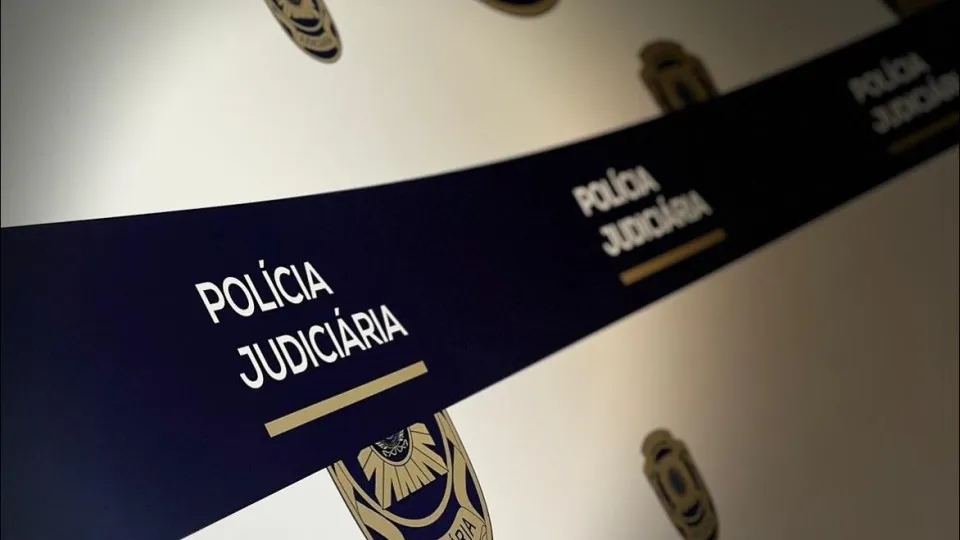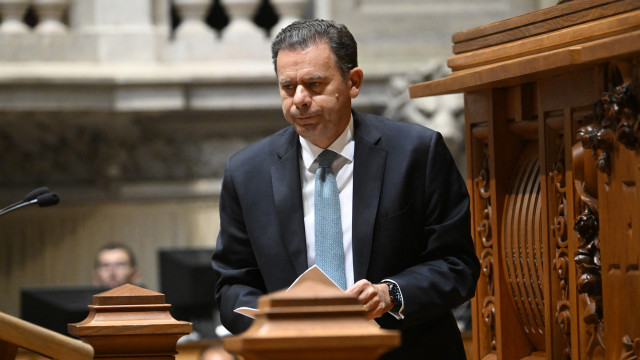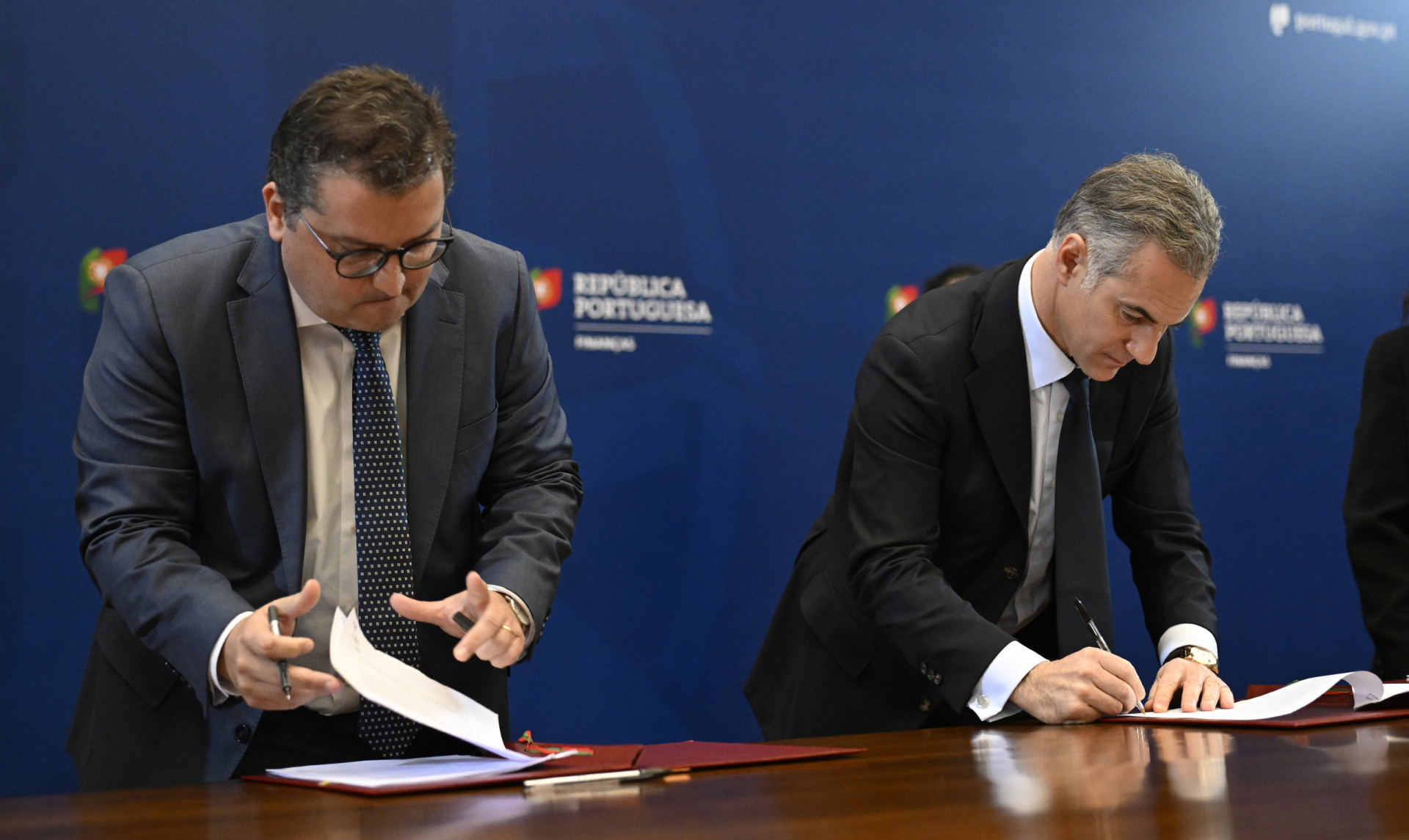
The director of the National Unit to Combat Drug Trafficking (UNCTE), Artur Vaz, stated that the operation was conducted in collaboration with French, Spanish, and Portuguese authorities, with support from MAOC-N (Maritime Analysis and Operations Centre – Narcotics), involving the participation of the Portuguese Navy, Maritime Police, and Air Force.
The operation, known as “Operation Galgo,” led to the interception of speedboats between the Canary Islands and Madeira, the seizure of more than 2.3 tons of cocaine packed in bales, and the arrest of four individuals, including one Spaniard and three Moroccans, who were handed over to Spanish authorities and remained in custody, according to sources.
The police announced that the operation involved the detection of multiple vessels in international waters, including the successful interception of a high-speed boat carrying over 2.3 tons of cocaine.
According to the Judicial Police, since these vessels typically ignore commands from the authorities to stop, the French naval unit involved in the interception had to use precision shots to disable the engines of the speedboat.
The French boarding team detained the four crew members and seized the illicit cargo, which was subsequently handed over to the Spanish authorities.
The operation was coordinated through MAOC-N and involved close cooperation among international partners, including the French Navy, the French Anti-Drug Office, the Customs Coast Guard Service, the UK’s National Crime Agency, the US Drug Enforcement Administration, as well as the Portuguese Navy, Air Force, and Judicial Police, alongside Spanish authorities.
Given the vast maritime area covered by the operation, participating countries deployed three frigates, three surveillance aircraft, and one helicopter across various zones as part of a joint transnational effort to combat maritime drug trafficking.




